There are 10 main types of hotels separated by the type of markets they operate in. Most hotels can be further categorized by the quality of their services with awarded star ratings or by ownership.
The following sections detail all of these types of hotels with real-world examples.
The easiest way to categorize different types of hotels is by type of market. Not all hotels are looking to offer accommodation services to the same type of customer.
Some are only offering services for solo travelers while others are specialized in offering accommodation for families. Here are the main types of hotels you need to know about.
Table of Contents
1. Suite hotels
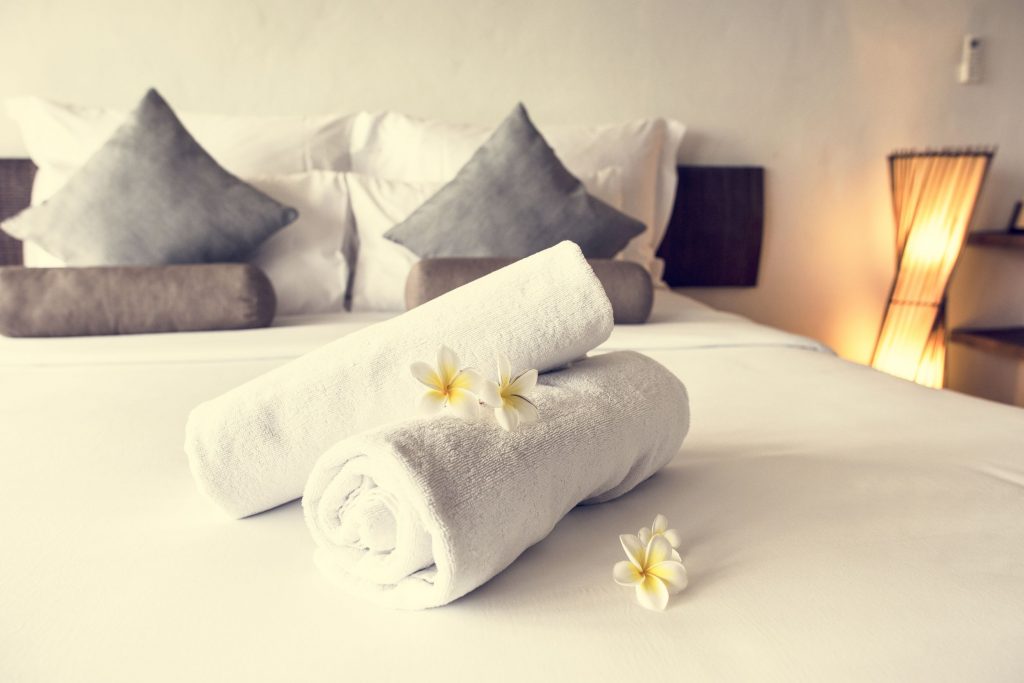
Suite hotels are some of the fastest-growing when it comes to popularity, especially with the rise of remote work. These hotels are categorized by an apartment suite divided into a bedroom and a living room which is often used as a working space.
Suite hotels are also one of the options for traveling families with children. Kids can often sleep in the bedroom while their parents are working or relaxing in the living room.
With more space to enjoy, these hotels can also be an option for those traveling with many bags.
The ever-growing category of suite hotels has been enjoying success around the world. Primarily seen in busy financial center cities, these hotels have both strong characteristics and a few drawbacks to consider.
Pros
Suite hotels are mainly spacious and geared towards the professional travelers who might need the extra room to work or prepare for meetings.
The advantages of spacious suites
Spacious hotel suites might include a bedroom and a living room. The adjacent living room can be used for online meetings or simply to get ready for a meeting with a business partner. These rooms typically come with a phone.
Suite hotels generally have a great location
Since these hotels are targeting the professional traveler who needs to be connected to the financial district of a city, its location is primarily central. Some of the best suite hotels such as Omni Nashville are located in proximity to business centers.
Cons
While excellent for work purposes and for those who need the extra space, suite hotels aren’t specifically known for offering the best value for money.
Higher costs for budget travelers
While these hotels have a high appeal for professionals and businessmen, they might be out of reach for the leisure traveler. Facilities such as a large suite-room, access to a gym and a spa, as well as the hotel’s proximity to important local landmarks, make accommodation prices higher for these hotels
2. Business hotels

Business hotels are also highly popular as they cater to solo or group business travelers. They are mainly the hotels located in downtown areas where their customers might be doing business.
Some of the best business hotels are situated within walking distance from financial districts of major cities. Anybody can stay in a business hotel but in most cases, these are the accommodation options best suited if you want to be in the middle of the action.
Business hotels are often confused with conference hotels. But conference hotels typically have large business rooms and the physical capacity to host large events for businessmen. A business hotel doesn’t necessarily need to offer these amnesties.
Business travelers are typically interested in good communication so fast internet connectivity and complimentary free calls are typically services offered by the best hotels in this category.
Breakfast is also typically included in the accommodation price of a business hotel. Most travelers have busy days ahead so grabbing a quick breakfast might be the only time of the day they get to eat before dinner. But how does a good business hotel look like?
Pros
Unlike regular suite hotels, business hotels place an even more important role in proximity to a city’s financial district. Business guests are often traveling on a tight schedule without having the luxury of affording to lose time stuck in traffic.
Proximity to financial districts and hubs
Business hotels are located either in the downtown area or in financial districts. It’s here that these hotels offer the proximity to a business that most of their customers are interested in. With a short commute, they save time, which is essential for businessmen. A good example of how such a hotel looks like is The Ritz Carlton in Beijing’s financial district.
Good communication options
Communication needs to be at the best level for the business traveler. From access to quick broadband to having the option to print documents on demand, these hotels need to be ready for anything the customer needs for the business.
Cons
Given the location and the generally upscale nature of business hotels, there are a few drawbacks the budget-conscious traveler needs to know. Their location isn’t always the best for tourism and their prices can be prohibitive.
A policy of 2 adults per room
Most business hotels have a maximum number of adults per room policy of 2 people. If you’re traveling in a small or large group, you will need to stay in separate rooms. Business hotels are also not the best for families who plan to travel together. You will have to call in advance to ensure you can book your entire family in the same hotel room.
3. Airport hotels

Like their name suggests, airport hotels are situated close to national or international airports. They target travelers who might have to stay for a layover.
These hotels are made for their proximity to the airport as travelers sometimes need to travel a long distance from a city-based hotel to the airport.
Some of the biggest airport hotels are situated next to the largest airports. This is why cities such as London or New York, with the largest airports, also have some of the best airport hotels.
In some cases, you can walk from the arrivals or departures terminal to your hotel.
Pros
Airport hotels typically have great public transport links. Here are the 2 main reasons these hotels are better than others.
Excellent location for layovers
If you’re on a short layover of up to 24 hours, you don’t have the time to travel to the city and back to catch your flight.
Many large airports are located outside cities which means you’d have to lose a few hours getting to the city and back to the airport.
Good public transport links
Since most airport hotels are located right next to airports, you can easily reach them by public transport. Some of these hotels are even located within walking distance from the departure or arrival terminals.
This is the case with Sofitel Heathrow, London’s airport hotel connected by a walking bridge to the departures terminal.
Cons
While proximity is key for airport hotels, they can feel different from your standard hotel outside of a city center.
Airport hotels can feel crowded
Most airport hotels can feel crowded given the influx of travelers they get. Some hotels even offer accommodation for a few hours, which further increases the number of people going in and out of the hotel.
Since many airport hotels are located right next to the airports, they are also typically the first to become full during a busy day.
Even if you plan to stay at an airport hotel, it might be best to book a room in advance to avoid any issues with occupied rooms at your arrival.
4. Extended stay hotels
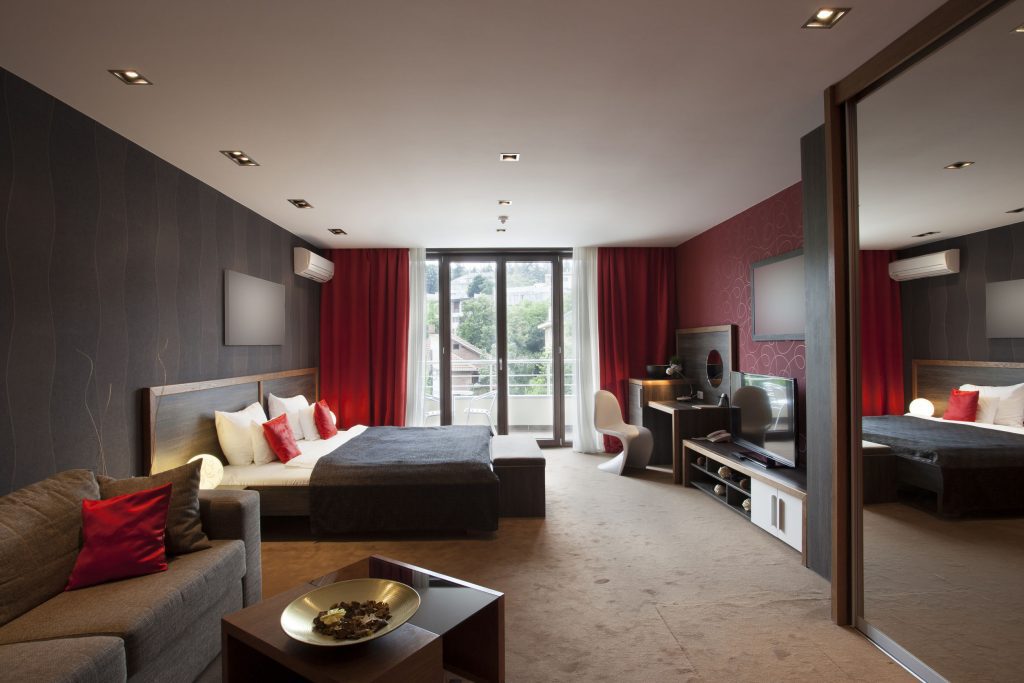
Extended stay hotels are made for those who need accommodation for a week, several weeks, and even months. These hotels are closer to suite hotels but they offer all amenities you’d need to feel at home.
For example, extended stay hotels typically offer a small kitchen you can use right in your suite.
Pros
Extended stay hotels thrive in areas where people need to stay longer, such as in holiday destinations. They also work in busy cities where they offer a renting alternative.
Better prices for long stays
Extended stay hotels are one of the most affordable ways of getting to stay on holiday longer, up to a few weeks, on a budget. They are also popular with families.
Self-catered rooms
Since travelers stay in these hotels longer, they also get self-catered rooms. These typically include a kitchenette that may come with all the cooking utensils you might need to prepare food. The Langham in New York is one of the prime examples of a successful extended-stay hotel.
Cons
Business travelers who need to stay in a hotel for a few weeks won’t find these hotels as the best choice through the lack of appropriate resources.
Not ideal for business stay
While affordable, extended stay hotels aren’t the best for the temporary relocation of professionals. They lack business essentials such as dedicated meeting rooms.
Extended stay hotels generally lack the facilities seen in business hotels such as gyms, spas, and restaurant areas. Many of these hotels offer their kitchenettes which mean guests don’t need an on-site restaurant.
5. Resort hotels

Resort hotels are typically a bit more isolated. They are found on beaches, islands, or in the mountains. Some of the most interesting resort hotels offer all-inclusive services and access to multiple activities such as tennis, swimming, football, or hiking.
Resort hotels are a complete package and they might be among the few types of hotels guests feel motivated to return to.
This is why these resorts offer one of the best solutions for travelers who want a complete holiday experience either in a few days or in a few weeks.
Pros
Resorts are some of the most picture-perfect types of hotels in holiday destinations. From exotic locations to remote locations up in the mountains, they distinguish themselves by a few benefits.
Luxury accommodation
Most resorts offer premium or luxury accommodation. Guests rarely leave these resorts if they offer all of the services for relaxation and good food.
Unique designs
Resort hotels such as the Ritz-Carlton in Bali are made by unique designs. Most resort hotels are adapted for a maximum impact. This is the main reason most good resort hotels get booked up to a year in advance.
Cons
The concept of a resort also involves high running costs. The employees, the maintenance, and the offered services don’t make these hotels cheap.
High cost
Many resort hotels are more expensive than typical holiday hotels. Some of their services can be included in the price of the accommodation, but this price is typically higher than in other types of hotels.
6. Serviced apartments

Serviced apartments are hotel types with a minimum stay of at least 30 days. Guests here can stay up to a year.
Offering an alternative to apartment rental, these serviced apartments are cheaper to run for the owners and cheaper to rent for guests. They are seen across the world and some of the best-serviced apartments are right in the US.
Pros
Serviced apartments are growing in popularity among professionals. Since many professionals don’t have the time to arrange a standard rent either for a short or for a long-term stay, these hotels offer the best alternative.
A great alternative to renting
Guests who need accommodation for at least a month are also looking towards serviced apartments. These are known for their benefits in comfort and price on such an extended stay.
Access to extra services
Most serviced apartments offer extras such as dedicated storage space, access to a laundry room, and even on-site gym access.
These services might come at an additional cost, but they can make guests feel more like at home than the average hotel.
Cons
Serviced apartments also get guests from all around the world. It’s not unusual for them to ask for extra IDs and documents to prove eligibility for such accommodation.
Not quick to book
There are typically extra steps to take to book a room in a serviced apartment hotel by comparison with a standard hotel. Some serviced apartments can even ask you to sign a clear cancelation or refund policy that’s different from those in hotels.
7. Bed and breakfast hotels

Bed and breakfast hotels are typically homes with a converted space with included breakfast. These are some of the best places for travelers on a budget or for those looking to meet locals.
The standards of bed and breakfast hotels have increased considerably over the past few years. Here are a few examples of how they can look like.
Pros
A bed and breakfast hotel can offer the unique advantage of traveling and meeting locals, seeing proper local architecture, and also the ability to save money since many tend to be more affordable than business hotels.
Unique stays with the locals
These hotel stays are often managed by the owner who lives in the same building. Guests get to travel and meet locals as a result. Guests who love to interact and learn more about the places they visit often feel compelled to stay at these hotels.
Affordability
A bed and breakfast hotel is typically affordable. Even with an included breakfast, this type of accommodation is budget-friendly.
Another advantage is these hotels are found in different places around cities and villages, which means guests can find a bed and breakfast in almost any location.
Cons
The nature of these hotels limits them more than others. Most aren’t made for large groups or business travelers who need to be in the proximity of a financial district or who need the latest communication gadgets.
The lack of standardization
A bed and breakfast can look in different ways and offer different standards of service. Most guests know that resemblance between these hotels is rare.
Guests who want a repeat experience in another location at a bed and breakfast are typically those who can’t replicate it. This is easier with airport hotels or business hotels.
8. Vacation interval hotels
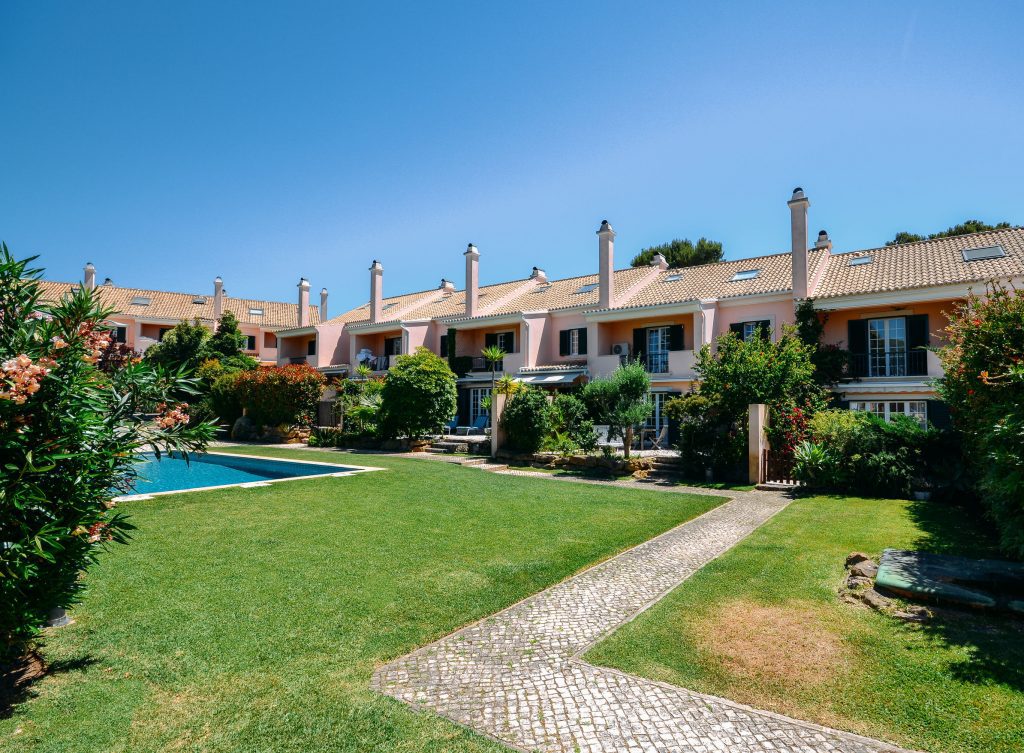
Vacation interval hotels or timeshare hotels are made for those who also want to own their accommodation away from home for a specific period of the year.
If you can’t travel to the hotel whenever your time comes for the accommodation, you can also arrange to have it rented so that you can earn by staying home.
Pros
Vacation intervals or time-share hotels are some of the most divisive in the hospitality industry. Some like them while others feel their concept needs to be improved.
A way to holiday for less
Vacation interval hotels allow you to book a specific time of the year in a hotel or a small home that you purchase together with others. All owners of this hotel or home are then splitting the time they can check in for a holiday. It turns out it can be a cheaper way of traveling to a holiday destination.
Ideal for groups and families
Families are typically interested in the idea of saving with vacation interval hotels. Most families plan their holidays up to a year in advance and budget is one of the most important aspects of the holiday.
Cons
Vacation interval hotels are easy to get involved in but a bit more difficult to get out of. As part of one of these time-share hotels, you’d have to sell the time you pay for in this hotel to others.
Holidaying in the same location
By far, the biggest drawback of vacation interval hotels is holidaying in the same place every year. Most people feel compelled to discover new places. But since these hotels exist, there are travelers interested to holiday in the same location regardless.
9. Casino hotels
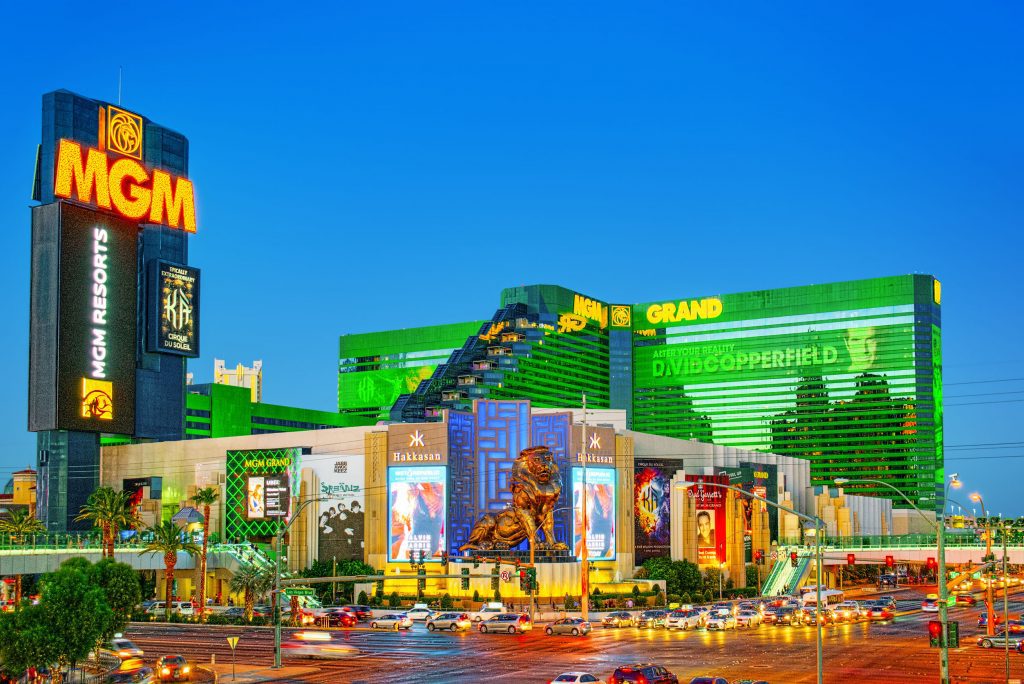
Casino hotels are made for gamblers. The main purpose of such hotels is to offer all gambling games guests might be interested in, even above the accommodation standards.
Everybody in the US knows about the famous casino hotels in Las Vegas. These types of hotels rarely appeal to those, not into gambling but they are also known for their large profit margins and generally luxurious accommodation standards.
Pros
Casino hotels are heavens for slot machines, poker games, and other types of gambling. Almost all of them offer complete gambling services.
Great place for gambling
Guests at casino hotels can travel for the hotels themselves, rather than for visiting their surroundings. This makes these hotels some of the best places to get to practice your gambling hobby, often without even leaving the hotel.
Ideal for group gambling
If you’re traveling with friends who love gambling, casino hotels are ideal. Seen around Las Vegas or in cities all around the world, casino hotels often allow groups of guests to gamble together.
Cons
Casino hotels might be fun, but they operate by very strict rules. Due to increasing regulation, these hotels are under constant pressure to allow them to operate.
Typically expensive
The biggest drawback of casino hotels is the spending. Guests can easily over-spend when in an environment that constantly sees gambling. Some of these hotels aren’t particularly cheap for accommodation as well.
Facilities such as restaurants and spas can also be more expensive at casino hotels. Prices can be driven up by demand in these hotels but since they aren’t specifically tied to seasonal tourists, they can maintain high prices through the year.
10. Conference hotels

Conference hotels are focused on business but with the ability to host different conferences. They are known for hosting different annual events, galas, and even weddings.
These hotels are typically larger than a standard business hotel. Most of them also can offer accommodation to hundreds of guests at a time given their high influx capacity.
Pros
Conference hotels offer integrated services to host large-scale events. From hundreds of guests to thousands of guests, they know how to deal with large groups.
Ideal for large events
Annual or occasional conferences tend to attract a lot of guests and speakers. Conference hotels are best-equipped to deal with such a large group of people. These hotels often host multiple large events at the same time if their premises support them.
Cons
Conference hotels need plenty of parking space, large room for events, and plenty of guest rooms. This requires space, which is often a premium in downtown areas.
Often found in remote locations
Conference hotels are often situated outside cities due to their space requirements. Many guests need cars to reach these hotels. Even some conference hotels situated within city limits are still not found in the downtown.
Further categorization of hotels
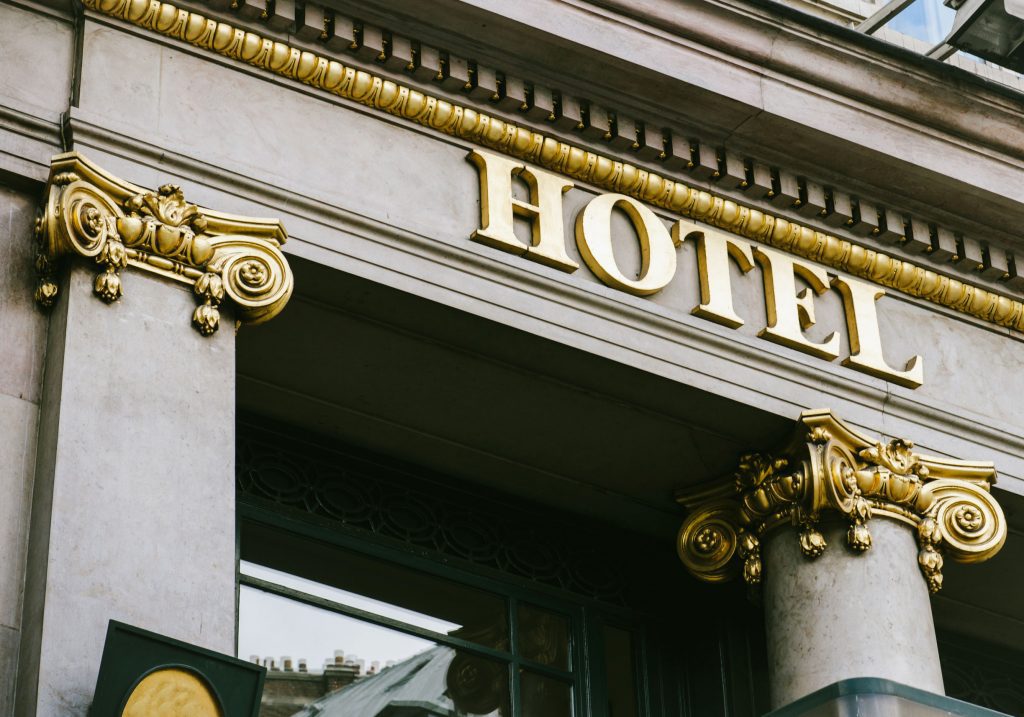
Hotel ratings are standardized internationally by stars. The best hotels are 5-star hotels.
The more stars a hotel has, the more luxurious it is. While local exceptions apply in each country, it’s clear hotels can easily be ranked by their stars.
Types of hotels by service quality
Services such as cleanliness and safety are primordial in a hotel. Depending on your traveling budget, you can consider one of the 3 main hotel categories starting with 3 stars.
However, you should know there is a hotel with a half-star rating or with 1 or 2 stars, generally clean and safe, they offer the budget-conscious option.
Budget hotels – up to 3 stars
Budget hotels or 3-star hotels are already offering accommodation above the average of the area.
These hotels are generally affordable, clean, and safe. Good designs are already seen in these types of hotels.
You can find such hotels in most large cities. They can be found in downtown areas, outside of the city center, or on the outskirts of the city. Such hotels can even be found outside of the city.
Mid-range service hotels – 3-4 stars
A deluxe experience best describes mid-range hotels. Neither expensive nor cheap, these hotels are typically targeting professionals and guests that are interested to pay a bit more to have clean and safe accommodation. Some of the most unique hotels around the world are those with 3-4 stars. Those above this category are typically hotels that have certain requirements, particularly in the culinary department which might be a bit trickier for 3-star hotels to reach.
World-class service hotels – 5 stars and up
5-star hotels are luxury hotels. They can be resorts or business hotels that offer the best services, professional staff that often speaks multiple languages, clean rooms with plenty of perks such as hot tubs, or quick access to services such as premium spas and 24/7 gyms.
7-star hotels
A select number of hotels around the world have been offered 7-star status. They go above and beyond in customer care, many offering services that aren’t seen anywhere else around the world.
Burj Al Arab is a tall 7-star hotel and it offers unique service such as concierge Rolls Royce pick-up. A night here can cost as much as $20.000.
Laucala Island Resort in Fiji is another unique 7-star hotel. Guests here don’t care about how much it costs as they are generally TV personalities, musicians, or politicians. This luxury resort comes with private villas away from media attention.
Such a private villa can cost as much as $50.000 per night. Activities here aren’t the typical hike in the woods. The resort offers submarine rides for its guests.
Most of those staying here aren’t even people interested in transport links as the resort can arrange guest pickup anywhere in the world.
Types of hotels by ownership
The types of hotels we have today can also be categorized by ownership. Chain hotels tend to be successful as they’re part of an umbrella company. You can get the same accommodation standards in a Marriot in Budapest as a Marriot in New York. But there are plenty of historic individual hotels that cannot be outranked for what they mean in the travel industry.
Chain hotels
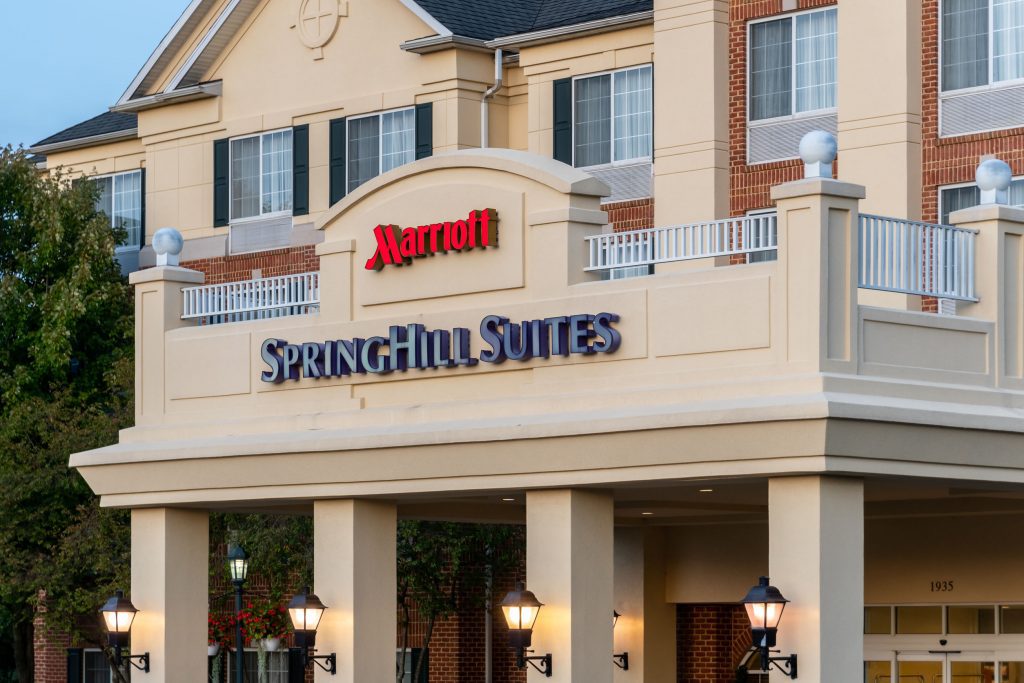
Chain hotels operate under a single brand around the world or inside a country or a region. They offer similar or entirely different designs and services, often catered to local travel needs.
Marriot – chain hotel history
Marriot is the largest hotel chain in the world. The brand gained international recognition years ago and it impacts how we see travel accommodation today. The brand has over 30 brands so you could be staying at a Mariott hotel even if it has a different name. It’s estimated the company owns more than 5.500 hotels across the world, particularly in large cities where there’s a large number of travelers and people who need accommodation.
Hilton – the second largest hotel chain in the world
Hilton is yet another top hotel brand in the world with just a few hundred hotels less than Marriot. It’s one of the largest companies in the US with tens of thousands of employees. Hilton distinguishes itself by offering multiple sub-brands with hotels for all types of travelers. From cheap hotels to high-end business hotels, the brand is already an expert in the hospitality industry and many other emerging hotel chains see it as an example of how to successfully run a hotel.
Independent hotels
Independent hotels or boutique hotels are very different. While they also offer accommodation, they can look different and offer different customer services compared to a chain hotel. Changes in these hotels are also made faster as they aren’t as many corporate overheads to worry about. Some unique hotels include entire establishments on small islands in the Maldives or very remote hotels such as those in Finland offering an Arctic experience.
Atypical hotels
There are many other types of hotels to consider, but generally of reduced proportions. Tiny hotels and mobile hotels are also growing in popularity as they can be built in remote areas large hotels would cost too much to build. Tiny hotels and rentals are now popular with those who want to get away from the crowds.
Treehouses can also be part of a hotel. Many world-class hotels offer treehouse accommodation. From cheap to luxurious, treehouses can be an experience worth trying. Temporary hotels are also a distinct type of business that is generally subject to some sort of exterior conditions that can’t be controlled.
For example, ice hotels are seen in arctic regions during the winter when the snow doesn’t melt. Desert hotels represent a unique oasis typically seen in arid regions where their remoteness is part of their appeal. Bab Al Shams Desert Resort & Spa is one of the most popular hotels of this type in the world.
Specialized unique hotels are also seen across the world. They became popular with the advent of social media. Book and Bed Hotel in Tokyo is a good example of how such a themed hotel can look. While it doesn’t have any true rivals, it competes in the category of unique hotels that offer an experience mainly for tourists.
Culinary hotels are also a sub-niche of unique hotels. You travel to these hotels to eat some of the best food in the world, mainly made from local ingredients. All of these types of hotels make up the vast hospitality industry.
FAQ
Can you live in a hotel?
Living in hotels is permitted under clear guidelines. Long term stays hotels typically allow their guests to live there for a certain period. Before deciding on which hotel you want to live in, you can call in advance to learn about possible long-term living restrictions.
Is a long term hotel cheaper than renting?
Long term hotels can be both cheaper and more expensive than renting. Hotels practice dynamic pricing which means accommodation prices can vary throughout the year, depending on the season. This is why some of the most affordable periods to stay at a hotel are off-season.
Cheaper methods of staying at a hotel involve long-term stays of at least a few weeks or a few months. Most hotels that are cheaper than renting are part of the extended stay hotels group. Made for affordability, they might be the only truly cheaper hotels as compared to renting,
How long can you stay in an extended stay hotel?
Some extended-stay hotels allow you to live there for up to a few months. Each hotel has a personal policy as to the maximum period guests can stay for. Independent hotels might even offer rooms for around 12 months.
Depending on the hotel you stay in, living in a hotel long term might not be the best choice. Some hotels might offer long term stay options but cut out services such as housekeeping. This is why all guests should learn about which services are available with long term stay hotels.
Are our extended stay hotels safe?
Safety is the main problem of extended stay hotels. Since guests might have direct access to their rooms without passing by a reception area, all types of people can enter the premises of the hotel. This is the reason these hotels get a bad reputation.
Other factors also impact the safety of these hotels. Some of them are found in bad reputation areas such as close to highways or in neighborhoods with high criminality rates. Extended stay hotels can be as safe as the hotel wants them to be with strict rules.
Some hotels limit the time a person can stay for even in the long-term to avoid safety issues. If you plan to stay in an extended stay hotel, you need to ask about who has access to the property, the time you can enter the hotel, and other information regarding people who are allowed on the hotel’s premises.
For the highest safety standards, extended stay hotels work with security staff to only allow access for those living at the hotel and their guests who aren’t always allowed to stay overnight.
Can you book a hotel for a few hours?
Most hotels can’t be booked for a few hours. Independent hotels and airport hotels tend to be among those that allow guests to check-in for a few hours, at a discounted rate.
Travelers on a layover might only be looking to get some sleep for 3-6 hours before embarking on the next flight. This is why airport hotels tend to be the best when it comes to short stays. Otherwise, most hotels don’t negotiate short stays, especially if they’re part of a hotel chain.
Do hotels offer discounts?
There are various discounts guests can benefit from at hotels. Some included loyalty discounts. A club member’s card often offers discounts of up to 30% to returning guests. Other hotels offer discounts for those who travel with friends and who need a second room. Further discounts can be applied in the off-season.
Discounts can also be offered at extended-stay hotels. These are known for frequent discounts if you decide to stay longer.
Additional discounts can be offered by hotels for their services. You can have discounts on your gym access, spa access, laundry, or international calls. Some of these services can be discounted only to frequent guests.
Can I walk into a hotel and get a room?
Some hotels allow walk-in check-in. You can get a rook by walking up to the hotel reception. The problem with this approach is it doesn’t guarantee a free room will be available for you at the time of your arrival. This is why it’s best to simply book a room in advance.
When is it the cheapest to book a hotel?
It’s often cheaper to book a hotel in advance, at least a few weeks before your arrival. For cheap hotel rates, you can look at weekday prices which are often lower. You can also look at off-season hotel prices for favorable prices.
Do hotels ask for a deposit?
Some hotels ask for a deposit when you check-in. It can take up to a week to get this deposit back. Other hotels ask for a deposit when you make an online booking. This deposit might not be refundable if you cancel your stay at the hotel.
You need to check these policies when making the online booking as some hotels as for a larger deposit if you opt for a refundable deposit in case of cancellation. Most hotels clear the deposit on your checkout day.

















